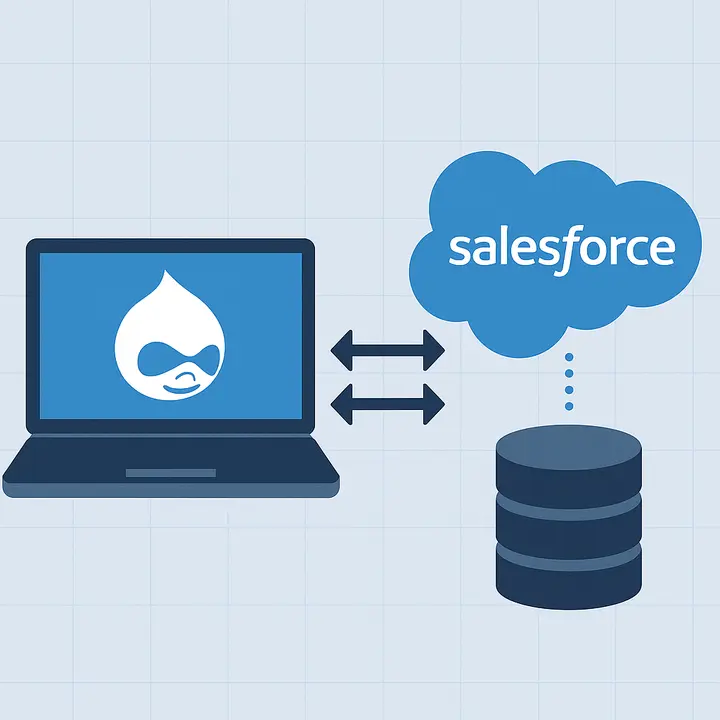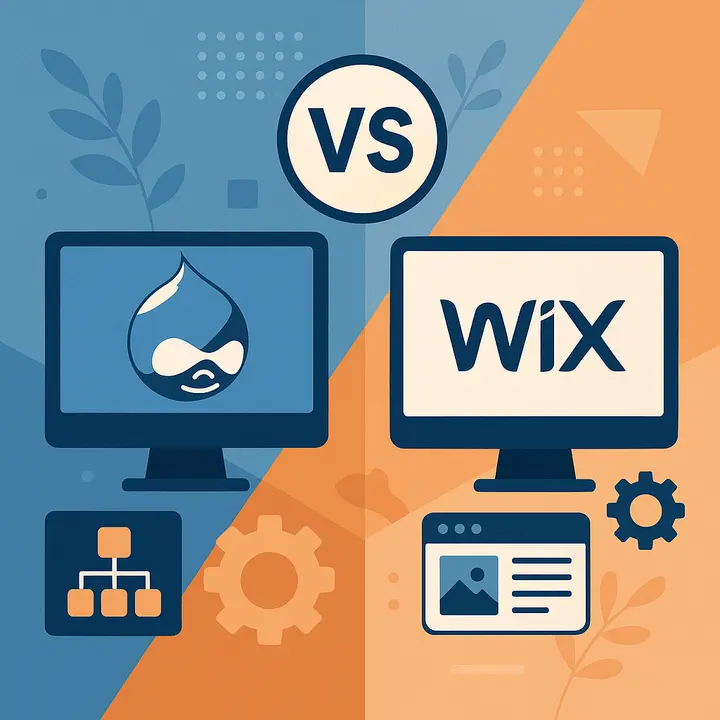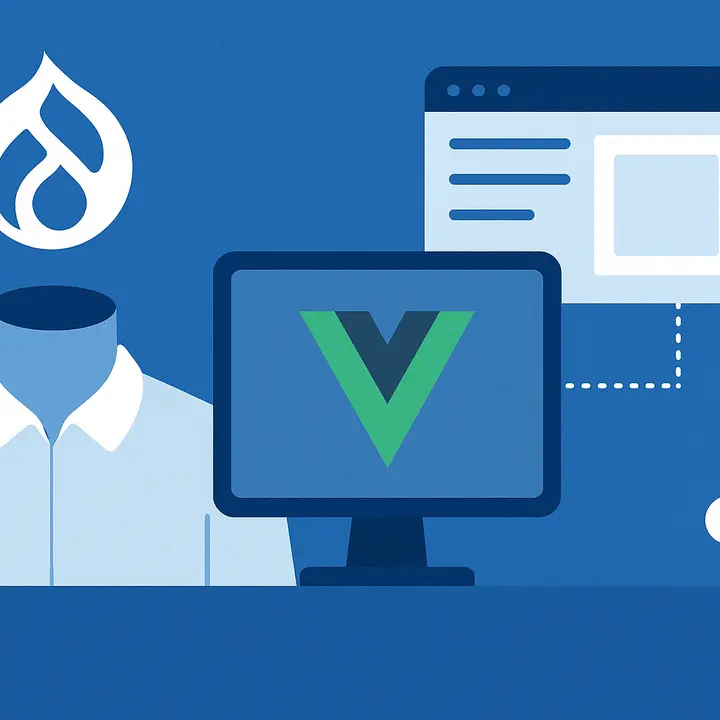How to Choose CMS for My Website?
The choice of Content Management System (CMS) for website development might seem like an easy task, however, it is crucial to understand a project's needs and requirements before making a decision. The choice of CMS for your website depends on several factors, including your industry, the project’s size and complexity, expected traffic volume, and, of course, desired features and functionality. With the right Content Management System, you can enhance User Experience (UX) and deliver top-notch digital solutions to your customers.
Let’s take a closer look at factors you should consider when choosing CMS for web development.
- Evaluate your business needs: The initial step would be to evaluate your business needs and create a plan for future growth. Create a clear list of goals and learn more about your target audience. What problem do they have? How can you help in solving their problem or reducing pain points? Understanding the unique needs of your audience, as well as identifying solutions you can offer, will help you to decide on the most suitable CMS that is capable of turning your plans into reality.
- Create a list of required features and functionalities: After business needs and customer pain points are determined, it is crucial to identify the essential features that will be available on your platform. By knowing exactly what features and functionality you want to build on your website, you’ll significantly reduce the list of suitable CMSs. Each Content Management System might be good but each is suitable better for certain goals and features.
- Create a list of necessary 3rd-party integrations: It is hardly possible to imagine a modern business website without third-party integrations, such as payment gateways, shipping methods, tax calculations, marketing tools, CRM systems, and more. CMSs don’t have everything built-in, that’s why it is crucial to choose the Content Management System that supports third-party integrations. CMSs like Drupal are built with an API-first approach in mind, meaning they offer seamless third-party integrations via contributed modules.
- Consider the expected traffic size: Will your platform handle small, medium, or heavy traffic daily? The CMS you choose for website development needs to be able to handle the expected traffic volume flawlessly. A lightweight CMS might struggle with high traffic, causing website disruptions and downtimes.
- Consult a web development agency with a diverse stack of technologies: A good web development agency with a great variety of technologies in their tech stack can be a valuable advisor when it comes to the choice of Content Management System. With their experience with different CMSs and software, a digital agency can provide recommendations based on your specific needs.
As of today, the most powerful and customizable solutions for website development are Drupal, WordPress, Laravel, and Magento. Low-code development has also gained popularity in recent years, offering a faster and more efficient way to build certain features and websites in general, as they require reduced budget and timeline. Contact the Drupfan team today and we will help you choose the perfect technology to match your business vision and needs.
Learn more about IT outsourcing for small businesses in our recent blog post.





